11 Classic European Books to Read
 modern european cover 3 (1)
modern european cover 3 (1)
We’ve already covered the Best Classic French and British Novels , so for this reading list we’ve selected 11 Classic European Books to Read
This post may contain affiliate links that earn us a commission at no extra cost to you.
11 Classic European Books to Read
Don Quixote by Miguel de Cervantes
Widely regarded as one of the funniest and most tragic books ever written, Don Quixote chronicles the famous picaresque adventures of the noble knight-errant Don Quixote de La Mancha and his faithful squire, Sancho Panza. Together they journey through sixteenth-century Spain in search of adventure, taking on spirits, evil enchanters and giants in a quest to perform acts of valour worthy of Dulcinea, his lady love.
A masterpiece of world fiction and a brilliant satire on traditional romances, Don Quixote by Miguel de Cervantes is not only the world’s first modern novel – it is also an uproarious comedy that continues to delight readers today.
Dubliners by James Joyce
James Joyce’s Dubliners is an enthralling collection of modernist short stories which create a vivid picture of the day-to-day experience of Dublin life.
Joyce’s first major work, written when he was only twenty-five, brought his city to the world for the first time. His stories are rooted in the rich detail of Dublin life, portraying ordinary, often defeated lives with unflinching realism.
Metamorphosis by Franz Kafka
One morning, ordinary salesman Gregor Samsa wakes up to find himself transformed into a giant cockroach. Metamorphosis, Kafka’s masterpiece of unease and black humour, is one of the twentieth century’s most influential works of fiction.
First published in 1915, The Metamorphosis (original German title: “Die Verwandlung”) Kafka’s classic novella remains one of the most widely read works of fiction in the world.
The Prince by Niccolò Machiavelli
Niccolò Machiavelli’s The Prince is a brutally uncompromising manual of statecraft.
As a diplomat in turbulent fifteenth-century Florence, Niccolò Machiavelli knew how quickly political fortunes could rise and fall. The Prince, his tough-minded, pragmatic handbook on how power really works, made his name notorious and has remained controversial ever since. How can a leader be strong and decisive, yet still inspire loyalty in his followers?
The Magic Mountain by Thomas Mann
This European masterpiece from the Nobel prizewinner explores the lure and degeneracy of ideas in an introverted community on the eve of World War I.
Hans Castorp is ‘a perfectly ordinary, if engaging young man’ when he goes to visit his cousin in an exclusive sanatorium in the Swiss Alps. What should have been a three week trip turns into a seven year stay. Hans falls in love and becomes intoxicated with the ideas he hears at the clinic – ideas which will strain and crack apart in a world on the verge of the First World War.
All Quiet on the Western Front by Erich Maria Remarque
In 1914 a room full of German schoolboys, fresh-faced and idealistic, are goaded by their schoolmaster to troop off to the ‘glorious war’. With the fire and patriotism of youth they sign up. What follows is the moving story of a young ‘unknown soldier’ experiencing the horror and disillusionment of life in the trenches.
Steppenwolf by Hermann Hesse
Harry Haller is a sad and lonely figure, a reclusive intellectual for whom life holds no joy. He struggles to reconcile the wild primeval wolf and the rational man within himself without surrendering to the bourgeois values he despises. His life changes dramatically when he meets a woman who is his opposite, the carefree and elusive Hermine. The tale of the Steppenwolf culminates in the surreal Magic Theater—For Madmen Only!
Originally published in English in 1929, Steppenwolf ‘s wisdom continues to speak to our souls and marks it as a classic of modern literature.
The Scarlet Pimpernel by Emmuska Orczy
This timeless novel of intrigue and romance is the adventure of one man’s defiance in the face of authority. The rulers of the French Revolution are unable to discern the identity of the Scarlet Pimpernel, a man whose exploits are an embarrassment to the new regime. Is he an exiled French nobleman or an English lord? The only thing for certain is his calling card—the blood-red flower known as the Scarlet Pimpernel.
Radetzky March by Joseph Roth
Strauss’s Radetzky March, signature tune of one of Europe’s most powerful regimes, presides over Joseph Roth’s account of three generations of the Trotta family in the years preceding the Austro-Hungarian collapse in 1918.
Grandfather, son and grandson are equally dependent on the empire: the first for his enoblement; the second for the civil virtues that make him a meticulous servant of an administration whose failure he can neither comprehend nor survive; the third for the family standards of conduct which he cannot attain but against which he is too enfeebled to rebel.
Faust by Johann Wolfgang von Goethe
Faust, Goethe’s great dramatic poem in two parts, is his crowning work. Even though it is based on the medieval legend of a man who sold his soul to the devil, it actually treats modern man’s sense of alienation and his need to come to terms with the world in which he lives.
Part I of the work outlines a pact Faust makes with the devil, Mephistopheles, and encompasses the tragedy of Gretchen, whom Faust seduces. Part II, developed over a long period of Goethe’s later life, reflects Goethe’s own transition from a predominantly Romantic to a wider world-view
The Iliad by Homer
The Iliad is the first and the greatest literary achievement of Greek civilization – an epic poem without rival in the literature of the world, and the cornerstone of Western culture. The story centres on the critical events in the last year of the Trojan War, which lead to Achilleus’ killing of Hektor and determine the fate of Troy. But Homer’s theme is not simply war or heroism. With compassion and humanity, he presents a universal and tragic view of the world, of human life lived under the shadow of suffering and death, set against a vast and largely unpitying divine background..


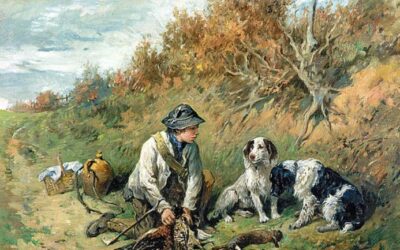
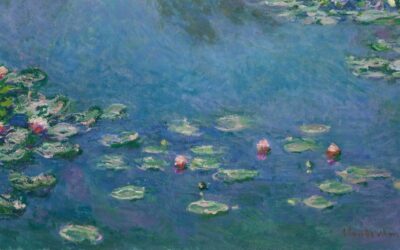
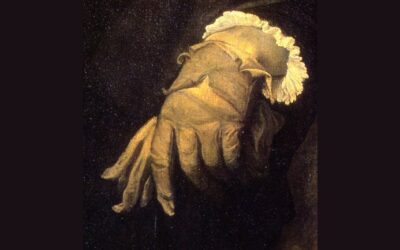
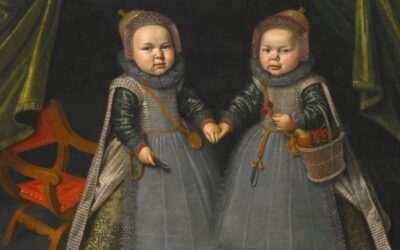
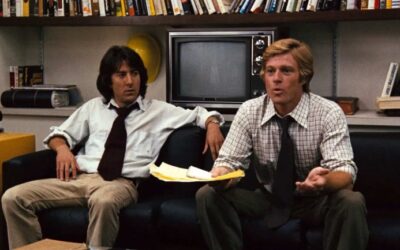

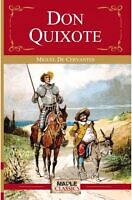
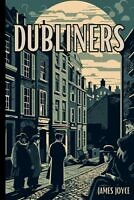
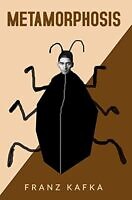
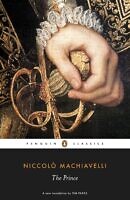
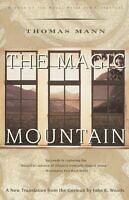
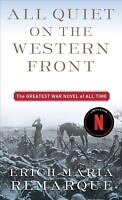
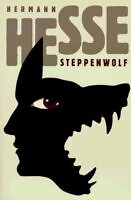
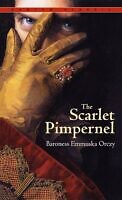
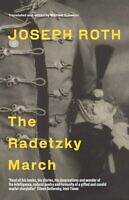
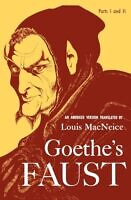
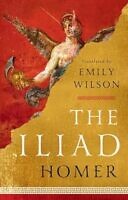

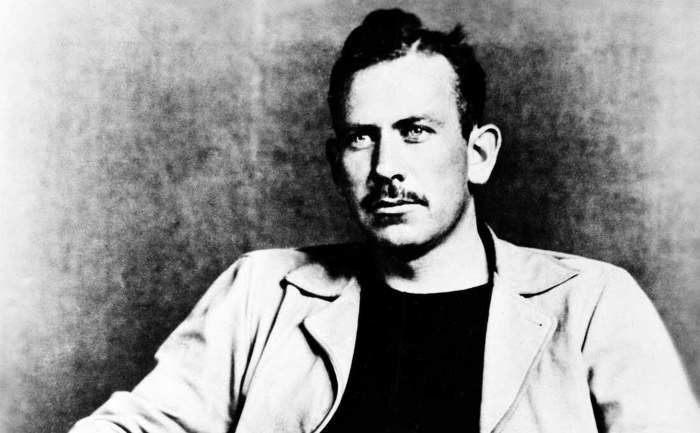

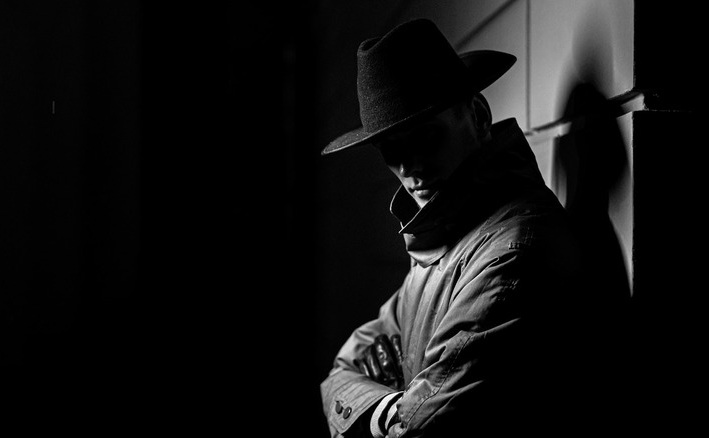
One thought on “11 Classic European Books to Read”
Comments are closed.